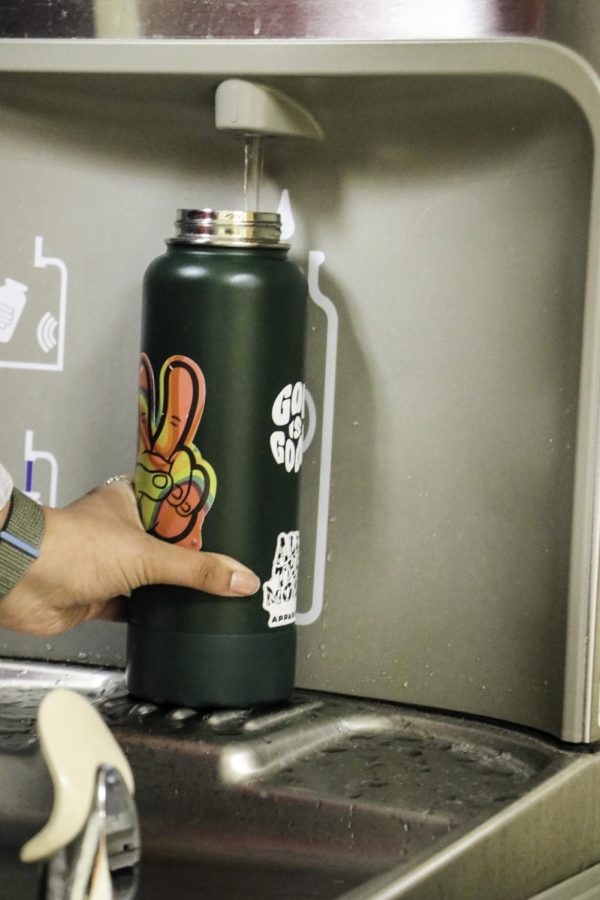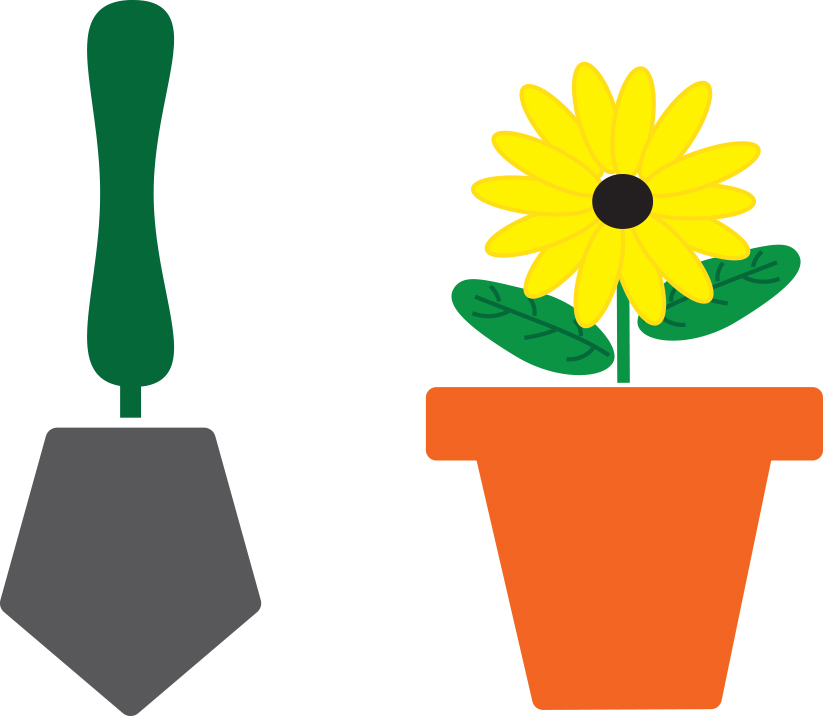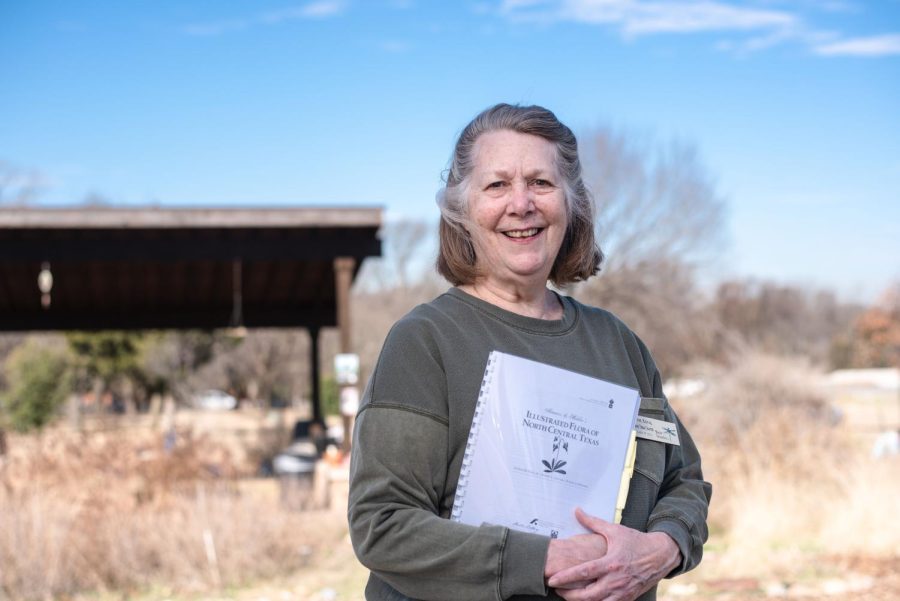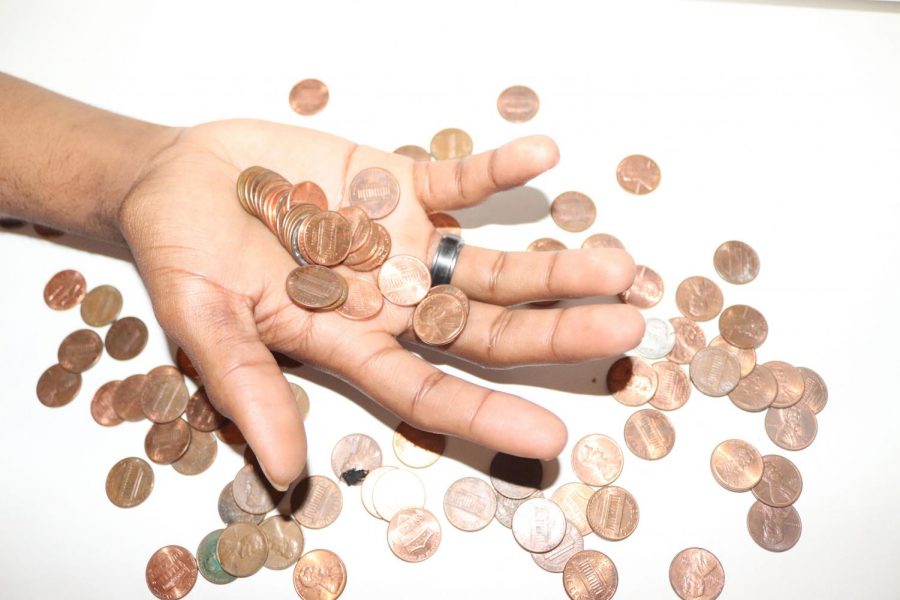By Thao Nguyen
Contributing Writer
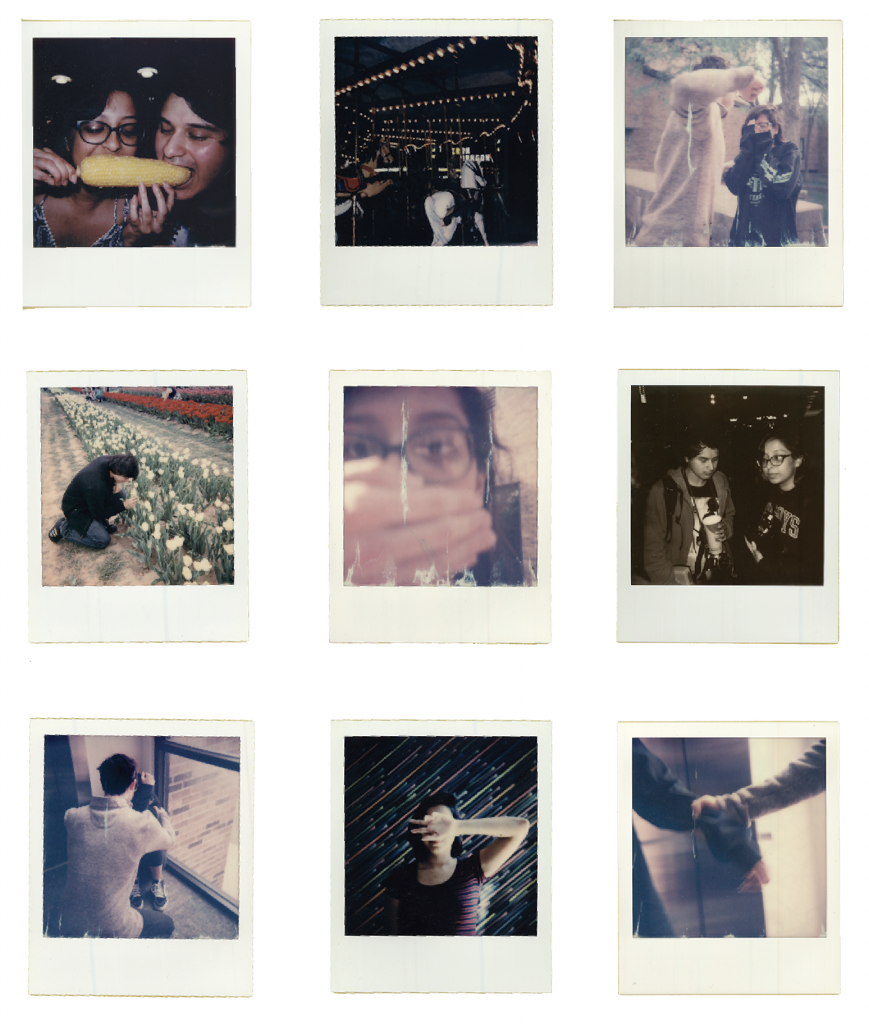
Mary Schoals, a former Brookhaven College student, said she was in an abusive relationship when she was 18 years old. She grew up in a traditional Midwestern family where she was raised to not talk about her problems and try to pull herself up by her bootstraps. She later became a rebellious child until her stepmother tried to help her.
Schoals became angry at herself and started pursuing people she thought she deserved – the bad guys. At 18, Schoals began dating a 27-year-old man, who came from a completely different background. This is what attracted her to him.
It started sweet and romantic. But then the storm came. They started arguing and eventually the fights became physical.
She thought about leaving.
“The times that I justified hanging on was when [he] would be sweet, kind and so romantic. I would hold onto those moments like a movie. I just kept playing it over and over in my head,” Schoals said. “When things got bad, I asked myself, ‘How about the times when he was good to me?’ … That was what made it hard to leave.”
According to the National Coalition Against Domestic Violence, 48.4 percent of women and 48.8 percent of men have experienced at least one psychologically aggressive behavior by an intimate partner.
HOW ABUSE STARTS
In an interview with Business Insider, therapist Shannon Thomas said, “It starts with an off-hand comment here or an insult there, but often victims brush these moments off.”
Thomas said the abusers tend to show affection toward their victims. They are also good at manipulating and deceiving others. They pretend to be the ideal partner and convince their victims that this is their real self.
Joseph Carver, a psychologist, said on his website, “During the relationship, the abuser may share information about their past – how they were mistreated, abused, neglected or wronged.” They gain sympathy from the victims and defend the abusive behavior, Carver said.
Over time they reveal their true character, but the victims usually have become emotionally attached and think it is their fault they are treated differently or abused. “People stay in these relationships partly because they are trying to win back the abuser’s affection,” Thomas said.
OTHER SIGNS
In an email to The Courier, Rhonda Dalrymple, a Brookhaven counselor, said, “Signs of abuse include social isolation or withdrawal from others, depression or anxiety, lack of self-worth, stress, blaming him or herself for the abuse, making excuses for the abusive partner’s behavior or even believing that the abusive partner’s actions are signs of love.”
Dalrymple said the individual experiencing the abuse may also begin questioning their own perceptions or feelings, change how they act to make the abusive partner happy, display fearfulness, fatigue or begin abusing substances.
Carver said a common trait in abusive relationships is the isolation from others, such as family and friends, by the abuser. They make the victims depend on them emotionally and feel trapped to create a deeper bond, making it harder to escape. “The victim feels they would mentally collapse if the relationship ended,” Carver said.
MALE VICTIMS
Alex, a former student who asked his real name be withheld, said he was in an abusive relationship for two years. He said nobody realizes men can be abused too and often do not want to talk about it. His girlfriend at the time was emotionally and physically abusive. It began with arguments and escalated to physical abuse. She hit him repeatedly. He thought the problem was she always wanted him to make her a priority.
“I was afraid to leave because I did not know what she would do to me,” he said. “She was very aggressive every time we fought. There was a time I tried not to see her because I was tired of the arguments. She broke into my house and attacked me.”
FIND HELP
Dalrymple said when someone is experiencing an abusive relationship, they should not blame themselves. Victims should not feel they are alone and to remember and acknowledge that there is support. Instead, think about safety plans or reach out for support. If in immediate danger, victims should call 911.
Many people wonder why victims do not escape their relationships. But leaving may be more complicated than it seems, according to The National Domestic Violence Hotline.
These situations can cause Stockholm Syndrome, where the victim is so terrified of the abuser they overly identify and bond with them over time in an attempt to stop the abuse, according to healthyplace.com.
Carver said victims do not create this situation. “What might have started as a normal relationship has turned into a controlling and abusive situation,” he said. “They are trying to survive.”
PATTERNS
According to helpguide.org, the abuse has its own pattern. After an episode of abuse, the abuser expresses guilt and tries to makes excuses to defend their behavior.
The next stage, called normal behavior, is when the abuser acts like everything is fine and tries to regain control.
Then it comes to fantasy. The abuser then tries to think about what the victim has done wrong so he or she can come up with a plan to begin the abuse.
The final stage is when the abuser sets the victim up in a situation where they can justify their actions, according to helpguide.org.
It is not easy to spot abuse in a relationship because it does not always appear obvious to the victim. With emotional abuse, other people may not see the abuse the victims go through because it is not physical, according to thehotline.org.
Schoals said while she was in that relationship, she felt weak and helpless, almost like everything that happened was her fault. She worked toward finding a healthy environment and self-healing.
Schoals said she cares more about herself now. “It is not selfish,” Schoals said. “It is just the way you learn to love yourself first and make yourself happy.”
COUNSELING CENTER
“For Brookhaven students, the Counseling Center is a free resource for students,” Dalrymple said. “We provide counseling services which is strictly confidential.” They can also connect students with helpful resources. For faculty and staff, the college provides an Employee Assistance Program through Alliance Work Partners where they can receive counseling and other support.



